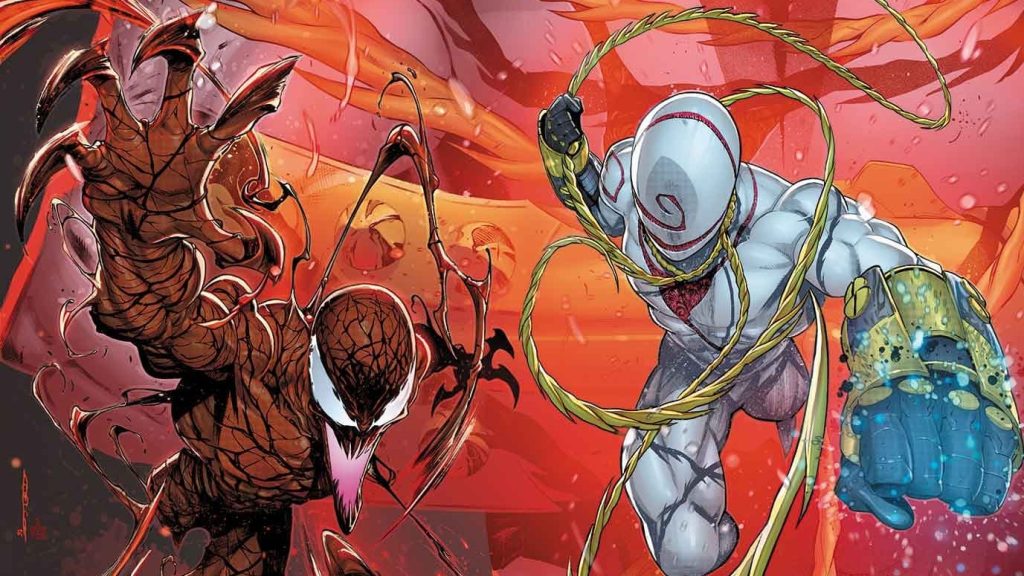In retrospect, as a millennial witnessing the evolution of superhero media, the era spanning from the mid-90s to late-2000s was characterized by a series of growing pains, which can be distinguished from the era of 1985 to 1992 that was defined by the sitcom “Growing Pains.” However, that reference is not relevant to our discussion. Let’s begin anew.
In the earlier days, when Kevin Feige was a coffee-fetching assistant for Avi Arad, and scribbling notes about dance scenes in his journal, superhero movies were a rare and treasured commodity for a specific type of nerd. They were the modern-day fables and myths, delivering moral lessons spiced up with a healthy dose of explosions and fisticuffs. Spider-Man taught us about great power and responsibility, while Superman showed us how difficult it is to make a live-action Superman movie. Batman taught us that anything is possible with enough push-ups.
Upon reflection, very few superhero movies from the past taught young men how to not be terrible people. Of course, it’s not the responsibility of every screenwriter to act as a mentor to millions of viewers. After all, it would be dull if the heroes were perfect and relationship issues are relatable and easier to film than, say, a car being hurled at someone. However, when we look back at how our beloved heroes treated the people they claimed to love more than anything else, we can’t help but notice a pattern of unsettling and thoroughly undesirable behaviour.
Spider-Men need to get it together
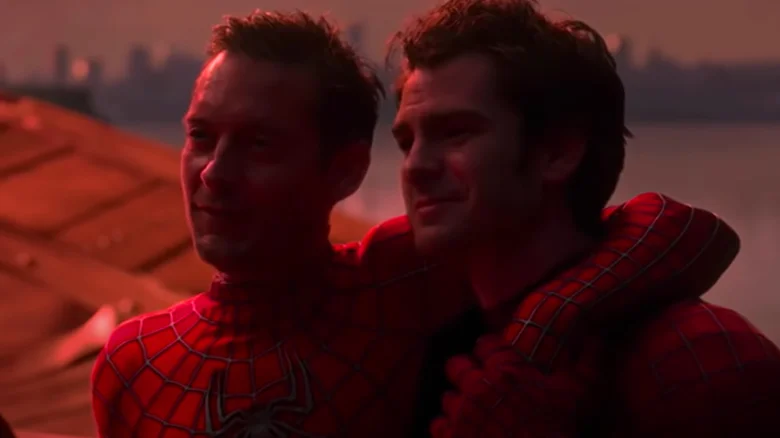
Let’s start with Spider-Man, the superhero known for doing whatever a spider can and having a huge merchandise potential. In the first Tobey Maguire movie, he displays creepy behavior by hanging around his best friend and secretly filming the girl he likes. In other movies, such behavior would lead to a scandalous affair, but in this case, it ends with the friend dying tragically, and Peter apologizing by slow dancing with the girl he likes as if to say, “I’m sorry I hit you when you asked me to stop hitting people.”
However, a new era of Spider-Man emerged with Andrew Garfield taking the lead, showcasing an entirely different kind of behavior. This version of the superhero indulges in stalking his romantic interest, creeping from the shadows and watching her every move. This kind of behavior is a common trope in superhero movies, and it only gets worse with time. In the second movie, Peter leads Gwen on and then suddenly pulls away because he’s haunted by visions of her father. If there’s one lesson to learn from this, it’s that if you’re experiencing hallucinations of someone telling you to stay away from your partner, communicate with them instead of disappearing without any explanation. It’s not fair to your partner and will only lead to heartbreak.
Batman begins to fly red flags
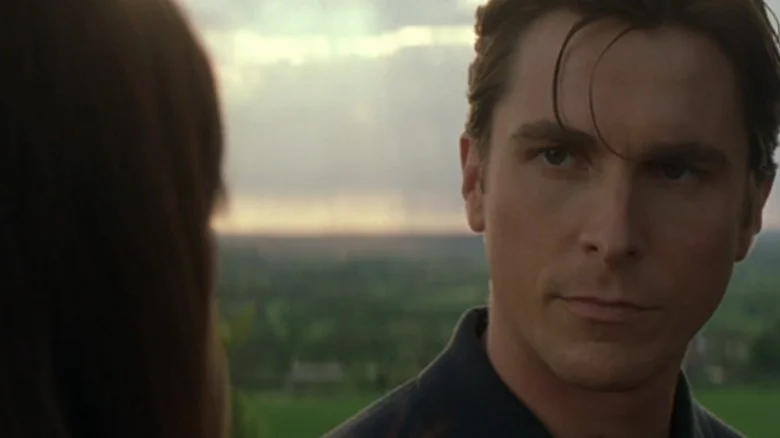
You used to have this childhood pal with whom you’d engage in all sorts of shenanigans – drinking condensed milk, falling down wells, and the like. It was all innocent fun. But then, something terrible happened: his parents were shot, and he changed. Not in a way that involves sipping whiskey and brooding in front of the fireplace every night. No, he became the kind of person who brings a gun to a courtroom to exact revenge on someone.
After slapping him, he goes away for a while to learn how to sword fight on ice. When he returns, he’s ready for romance, and the slap seems to have changed him because he’s now anti-gun. However, he keeps showing up with different women on each arm and tries to convince you that it’s all good, and that he’s really all about something (he mumbles). At the same time, another guy starts following you and punching you when you’re on the L train at night. Later, this guy quotes something you said to the first guy about how actions speak louder than words, and makes you feel guilty for not appreciating his efforts to make the world a better place by punching people in between his rich boy activities.
There is some some reason why you feel too intimidated to tell this guy “I would like to only kiss my boyfriend moving forward” in person, so you choose to turn into Maggie Gyllenhaal, leave a strictly-chosen-words note with his butler and ask him to pass it on instead.
Superman Returns, despite the restraining order
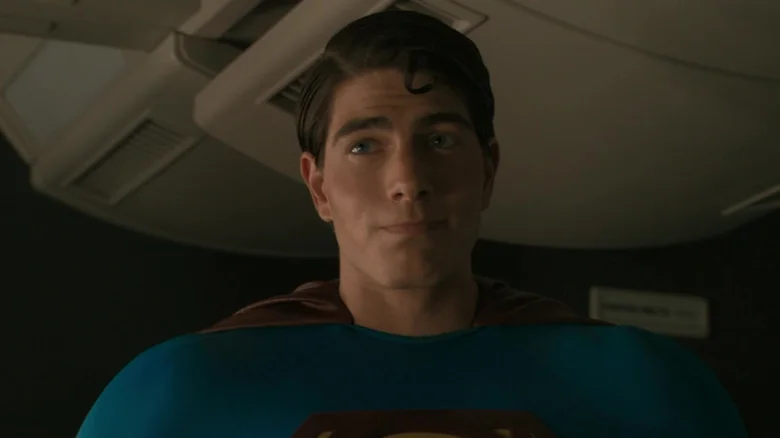
In 2006, Bryan Singer (first strike) attempted to rekindle the magic of Superman by reminding audiences that a man can soar through the skies. But more specifically, he wanted to remind them that this man could also hover outside your bedroom window at night and eavesdrop on your conversations with your boyfriend. For some reason, the longer version of that pitch never quite caught on.
There’s no denying the creepiness factor of “Superman Returns.” Even with the purest intentions and a heartwarming score, super-stalking is undeniably uncomfortable. Looking at it from a broader perspective, there are some serious ethical questions surrounding the decision to leave an ex to raise a child that they may not even remember conceiving due to complex canon involving memory-erase kisses and inconsistent sequels. Furthermore, it’s never a good sign when your partner keeps disappearing to spend time with Kevin Spacey. Unfortunately, we don’t have the time to explore all of the implications here, but it’s crucial that your ex’s home becomes a sanctuary where no X-ray vision or super hearing is allowed. And on a more personal note, if you discover that your ex is dating James Marsden, it’s best to leave them be. That kind of catch is a rare find, and they deserve to be happy together.
Honorable mention: Mister Furious, Role Model
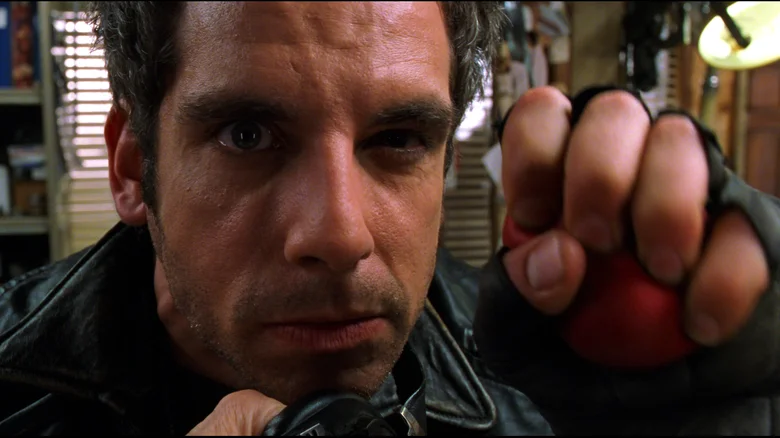
“Mystery Men” is a delightfully quirky film that showcases the unique style of superhero aesthetics in a post-Schumacher era. With its blend of surreal neo-gothic architecture and disco-themed supervillains, the movie is a true gem. Amongst the unusual characters, Ben Stiller’s character stands out as one who may not be a perfect role model for romantic relationships, but is certainly trying his best.
Mister Furious, played by Stiller, is portrayed as a persistent and insecure character who constantly puts down others but can never live up to his own expectations. He’s clueless as to why Monica, the waitress he’s attracted to (played by Claire Forlani), isn’t impressed by his Harley motorcycle that is supposedly compatible with her. His speech patterns resemble those of a first-draft Wolverine comic book written by a seventh-grader who just discovered alcohol during summer break and can’t stop talking about it.
Then, surprisingly, Furious experiences the same fate as most people who exhibit such behavior – he becomes tiresome. At his lowest point, he realizes that his attitude won’t get him very far with the people he wants to be around. With determination and patience, he confesses that he doesn’t want to accompany Monica home because of potential super crimes but because he genuinely wants to be with her. He even acknowledges that he doesn’t have an extraordinary alter-ego; he is simply Roy. In a heartwarming moment, despite the film’s 20% fart jokes, he understands that it’s perfectly acceptable to be just Roy.
We know it’s not upto perfection but at least he doesn’t act as a stalker outside her house while she makes HelloFresh with her boyfriend.




